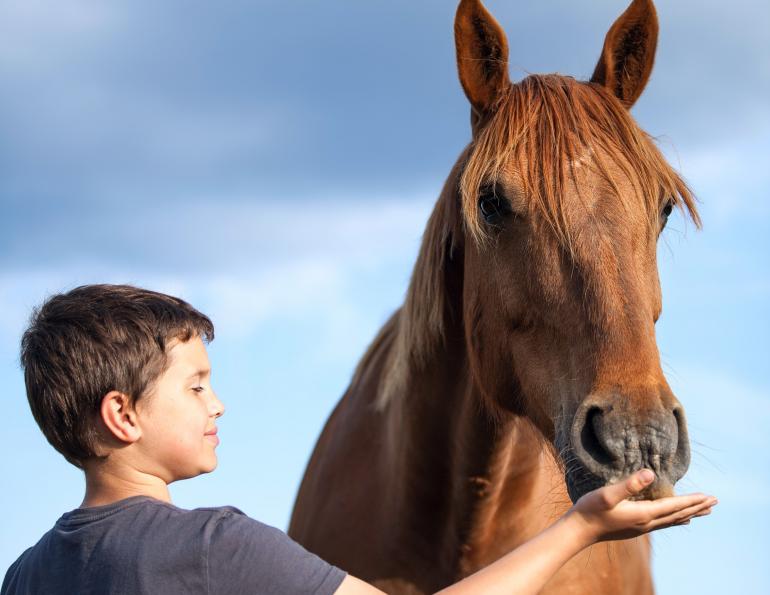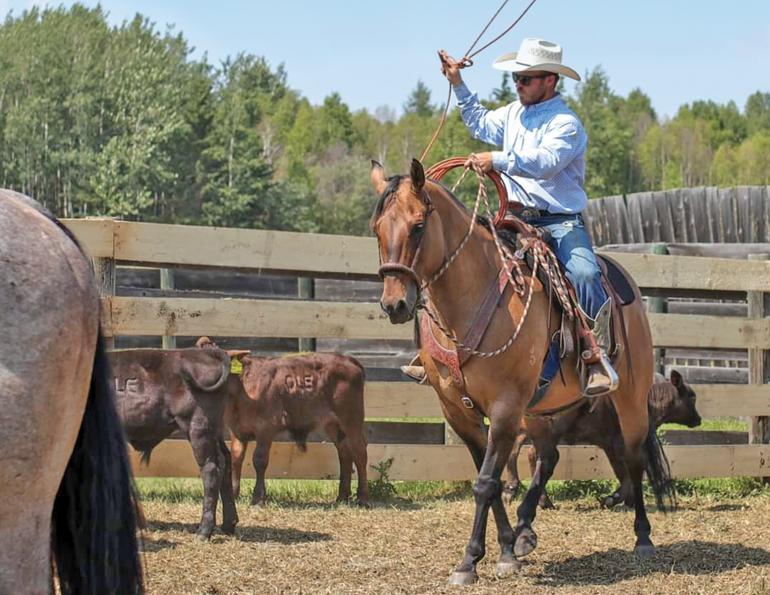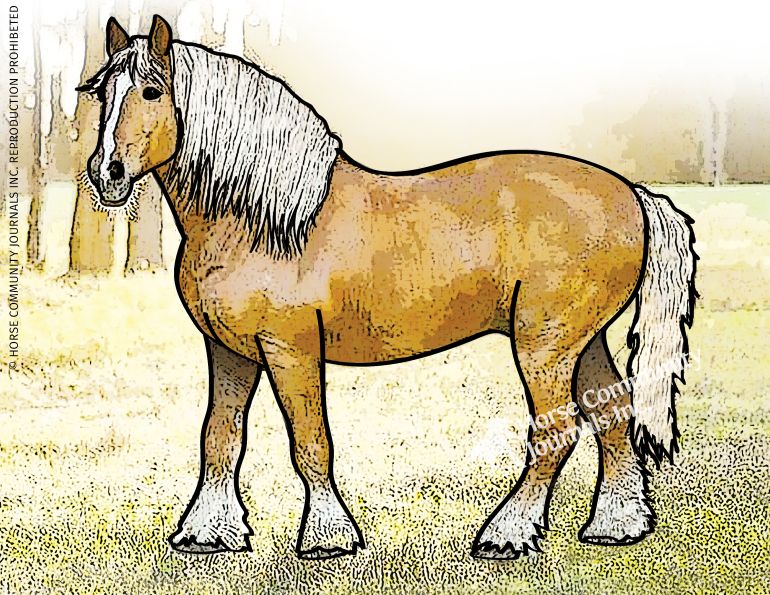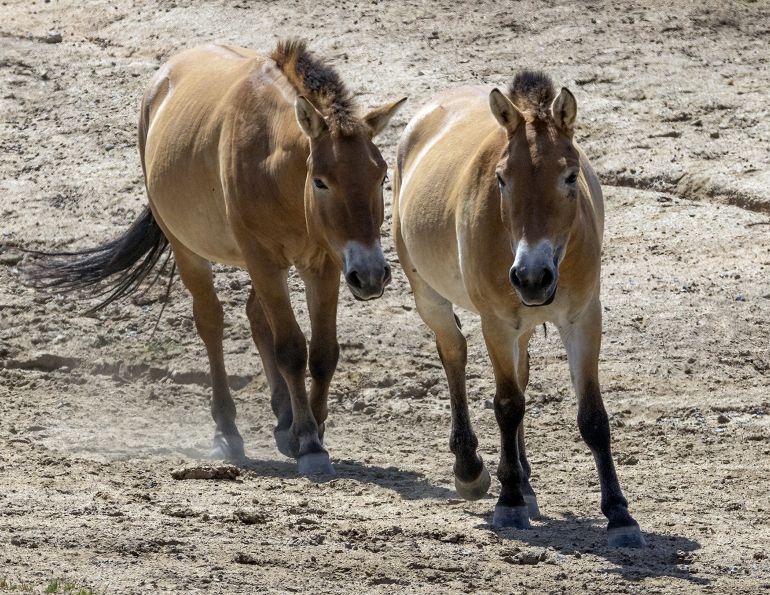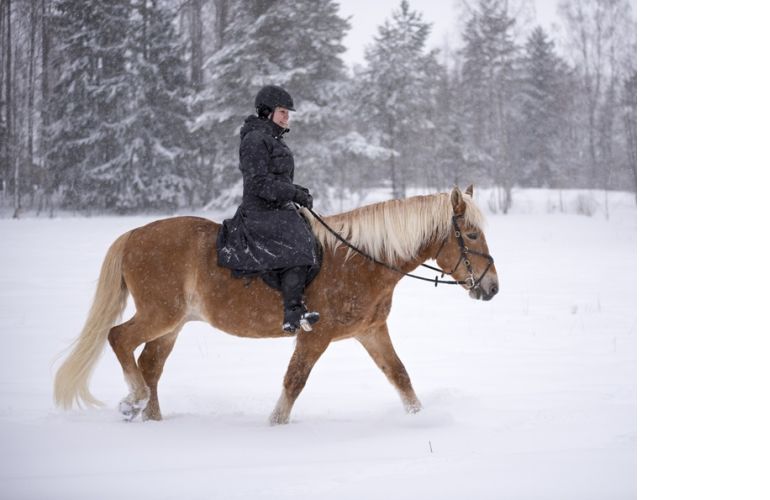By Margaret Evans
Do horses help children?
More than you think, according to researchers at Washington State University. Young people working with horses experience a substantial decrease in stress. And the evidence lies in their saliva.
“We were coming at this from a prevention perspective,” said Patricia Pendry, a developmental psychologist at WSU studying stress and the effects of prevention programs on human development. “We are especially interested in optimizing healthy stress hormone production in young adolescents because we know from other research that healthy stress hormone patterns may protect against the development of physical and mental health problems.”
Her work is the first evidence-based research within the field of human-equine interaction to measure a change in participants’ levels of the stress hormone cortisol.
“The beauty of studying stress hormones is that they can be sampled noninvasively and conveniently by sampling saliva in naturalistic settings as individuals go about their regular day,” said Pendry.
Three years ago, the National Institutes of Health asked researchers to take on the big questions about the effects of human-animal interactions on child development. Pendry led a research project with students from grades 5 to 8 in a 12-week equine facilitated learning program with Palouse Area Therapeutic Horsemanship (PATH).
Pendry said that stress hormone functioning is a result of how we perceive and cope with stress. Stress is not just what you experience, she said, but how a person interprets the size of the stress triggers.
Working with PATH director Sue Jacobson and Phyllis Erdman from the WSU College of Education, Pendry implemented an after-school program serving 130 typically developing children. The program provided 90 minutes per week teaching horse behaviour, care, grooming, handling, riding, and interaction.
Participants provided six samples of saliva over a two-day period both before and after the 12-week program. Pendry compared the levels and patterns of stress hormone functioning by measuring cortisol. The results were exciting, she said.
“We found that children who had participated in the 12-week program had significantly lower stress hormone levels throughout the day and in the afternoon, compared to children in the waitlisted group,” she said. “We know that higher base levels of cortisol – particularly in the afternoon – are considered a potential risk factor for the development of psychopathology.”
Pendry said the study gives scientific credit to the claims of professionals and parents in the equine therapeutic field who support the positive impacts of these programs.
Photo: Children who participated in the after-school program with horses had significantly lower stress hormone levels, which supports claims of the positive effects of human-animal interactions on child development. ©CanStockPhoto.com/iMarly.



